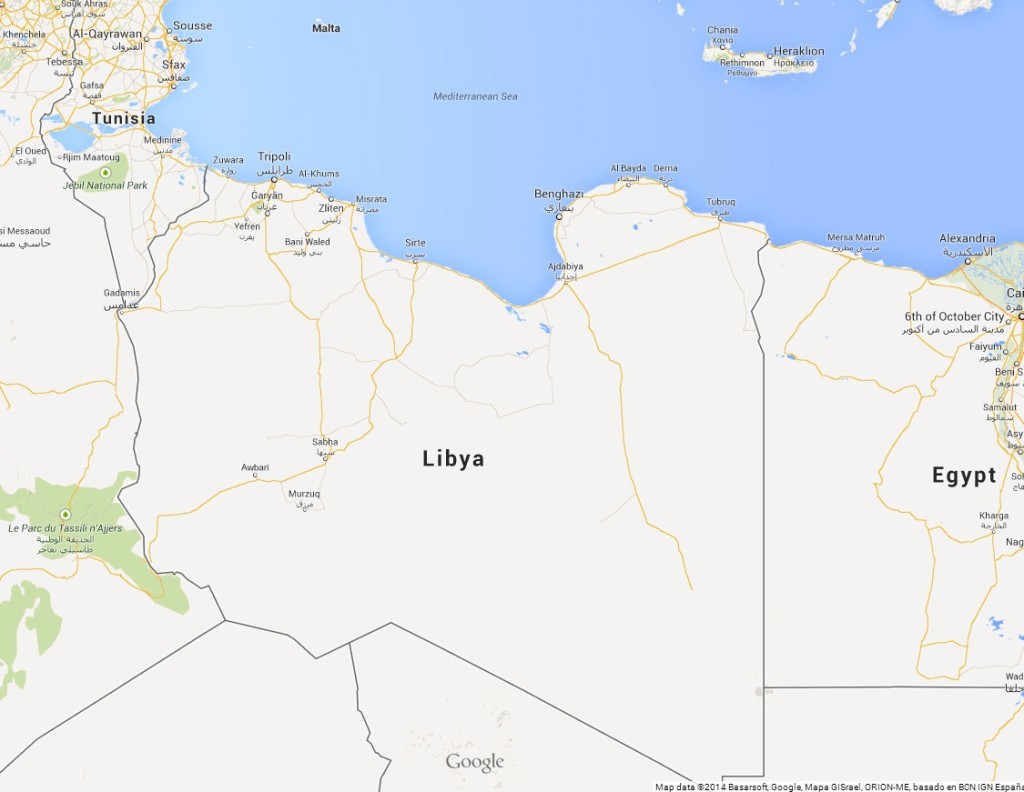
Tensions in Libya have escalated after the country’s government vowed to prevent a North Korean tanker leaving a rebel-held oil port.
Armed protesters in the port of Es Sider said any attempt to prevent the Morning Glory, which had been loaded with $36million in crude, would be a ‘declaration of war’ on them.
But Libya’s government said it was prepared to destroy the vessel to prevent it leaving the country.
Petroleum Facilities Guard Chief Idris Bukhamada said his unit was ordered to stop the tanker from sailing even if this meant “turning it into scattered ash,” local TV Al Nabaa reported today.
Four naval vessels and 13 fishing boats equipped with anti-aircraft guns deployed around Es Sider, Libya Herald reported, without giving additional details about the flotilla.
“The order authorises the use of force and puts the responsibility for any resulting damage on the ship owner,” Libya’s defence ministry said last night.
Libya’s inability to fully restore oil exports from its eastern terminals is among the reasons Citigroup raised its 2014 forecast for Brent crude to $103 a barrel from $93 a barrel last month.
The country pumps about 235,000 barrels a day, compared with a peak of 1.4 million barrels a day last July, when four of its nine crude-exporting ports were shut by forces led by Ibrahim Al Jedran, a former commander of the Petroleum Facilities Guard and founder of the Barqa Executive Office.
The dispute-torn country holds Africa’s largest oil reserves, and produced about 1.6 million barrels a day before the rebellion that ended Muammar al-Qaddafi’s four-decade rule in 2011.
The eastern government demands that Barqa, the local name for the Cyrenaica region that usually produces more than half of the country’s oil, receive 15 percent of national crude revenue. Zaidan says he can’t commit to an agreement before the adoption of a new constitution.
“The government should now actively seek a solution” with rebels in the self-proclaimed eastern region of Barqa, Asma Sraibah, a member of parliament, said yesterday in a telephone interview in the capital city.
“It would be a disaster if the government loses its main source of revenue.”
“This is not a challenge to the government,” Aberabba Al Baraasi, chairman of the Executive Office for the Barqa Region, said at a ceremony at the weekend to welcome the tanker at Es Sider.
“We tried to reach an agreement, but the government hasn’t been forthcoming.”